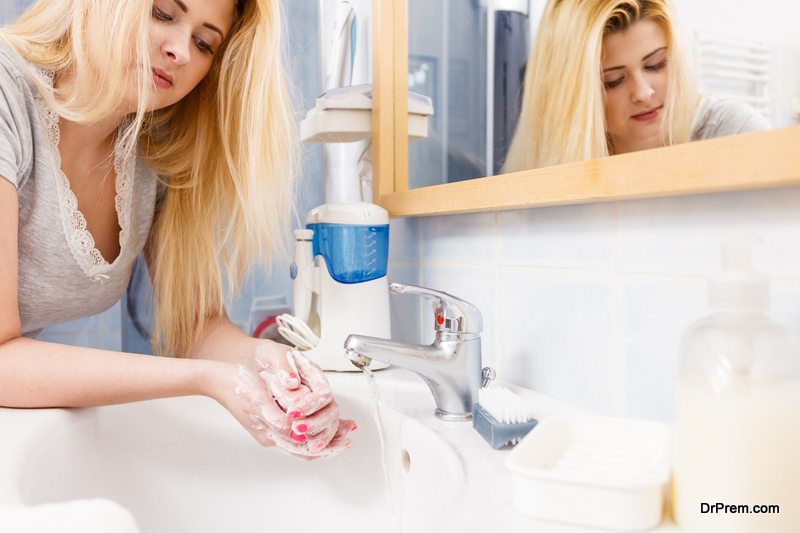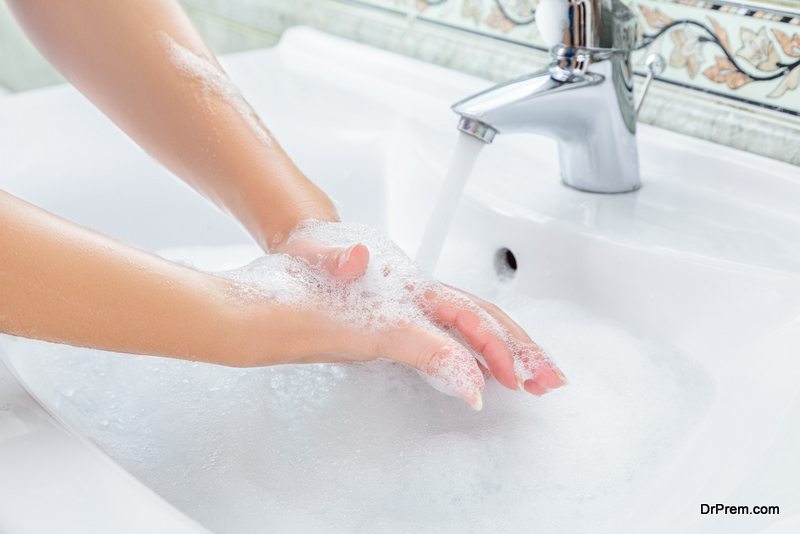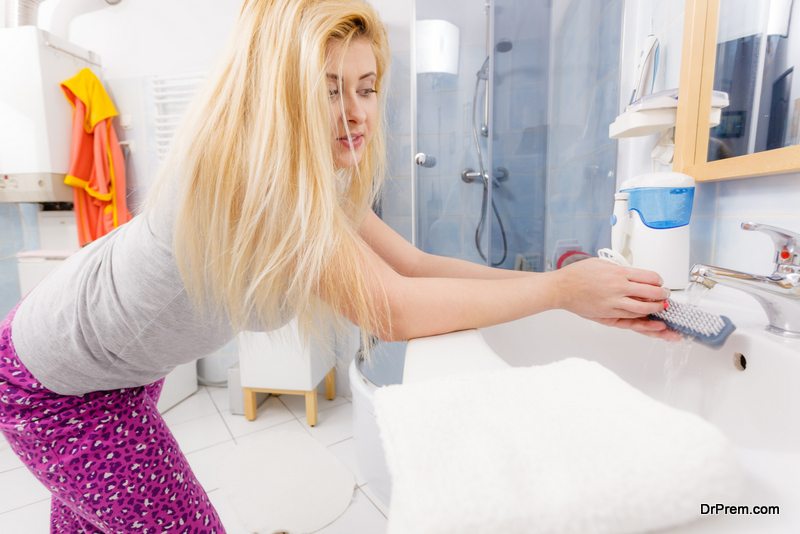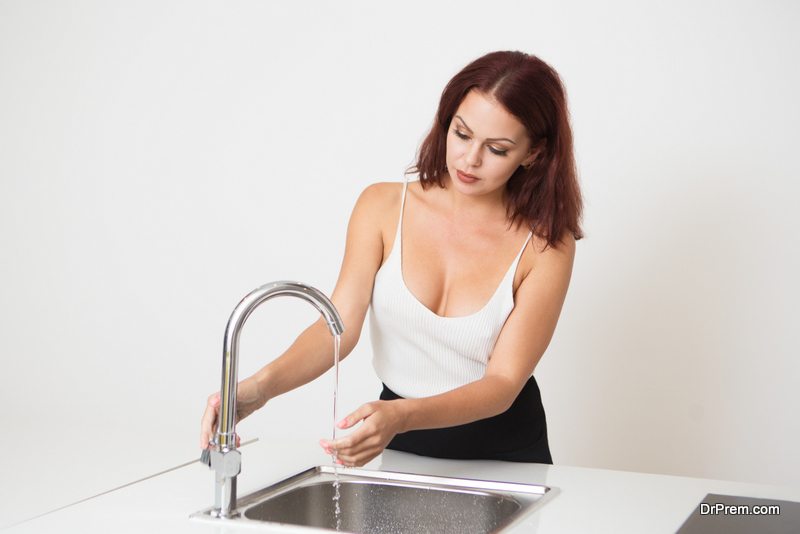Washing your hands is what you do without even thinking. It’s something you do without thinking whether you’re doing it the right way or the wrong way. But according to doctors, you may be washing your hands wrong. You touch many different surfaces in a day and according to a study, you touch your nose and face about 4 times an hour. So if you have dirty hands, you would be spreading germs to your body through your dirty hands, if you’re not washing them as you should. What is the right way to wash hands – read on to find out more:
Good old soap and water

Washing your hands means you’re decreasing the overall accumulation of microbes, such as bacteria, microorganisms, and viruses. You can do this by using soap and working up a good lather and rinsing your hands. The chemistry of soap helps to remove the microorganisms from the hands by accentuating the slippery quality of our skin.
Many studies have proved that washing hands with water and soap significantly reduces the number of bacteria which causes diarrhea, and also viruses which cause flu.
That is if you’re doing it right.
The right way to wash your hands

Wet your hands with water and apply soap. Scrub/lather every inch of both your hands for about 20-30 seconds, or the time taken to sing the Birthday song twice. Rinse your hands well with running water, which is clean. Then dry your hands with towels (paper) or air dry them.
It may come as a surprise, but a study showed that almost 93% of the study respondents did not wash hands after sneezing and coughing. And, even if they did, they only washed their hands for just 6 seconds, which is not enough at all. So, if you want to effectively wash your hands, you have to wash your hands for at least 20-30 seconds. Then use a disposable paper towel or use your elbow to turn the faucet off.
If you’re traveling, and if you don’t have access to soap-water, the CDC recommends using an alcohol-based sanitizer, with 60% ethanol. Alcohols cause less selective resistance as compared to other antibacterial sanitizers. You should avoid sanitizers with triclosan as this chemical can play havoc with your hormones if it gets into your body.
What type of soap should you use

You might think that antibacterial soaps are better than regular soaps but this is not true. In fact, your regular soap is just as good in cleaning your hands than chemical laden antibacterial soaps. Antibacterial soaps may lead to bacteria developing on your hands to combat the soap’s antibacterial/microbial agents. This makes it harder to kill the resistant bacteria. The FDA stopped the sale of body washes, gels, soaps etc, which contain triclocarban and triclosan.
You can thus, keep using your old soap with water to wash your hands, and clean them effectively.
Hot water or cold water

Many people believe that hot water is better than cold water to get rid of germs. This is both true and false. Hot temperature does get rid of germs, which is why we cook food at high temperature. But you cannot pour scalding hot water on your hands to get rid of germs, as you’d suffer from serious burns.
According to an experiment conducted in Florida, the temperature of the water does not matter. You can wash your hands with normal hot or cold water. If you’re thinking why you see hot and cold water taps in public places, it’s just so that you can wash your hands comfortably.
When should you wash your hands

You should wash hands before cooking, or giving someone medicine, or caring for an injured or sick person, or treating wounds, removing or inserting contact lenses. Wash hands after doing the following things – touching raw meat, changing diapers, using your toilet, touching animals, animal waste or leashes or toys, blowing nose, or sneezing and coughing into your hands, touching garbage etc.
A simple thing such as washing hands has a major impact on your health. Washing your hands the right way will keep you safe from many infections and get rid of those pesky minor health problems you might be facing.



